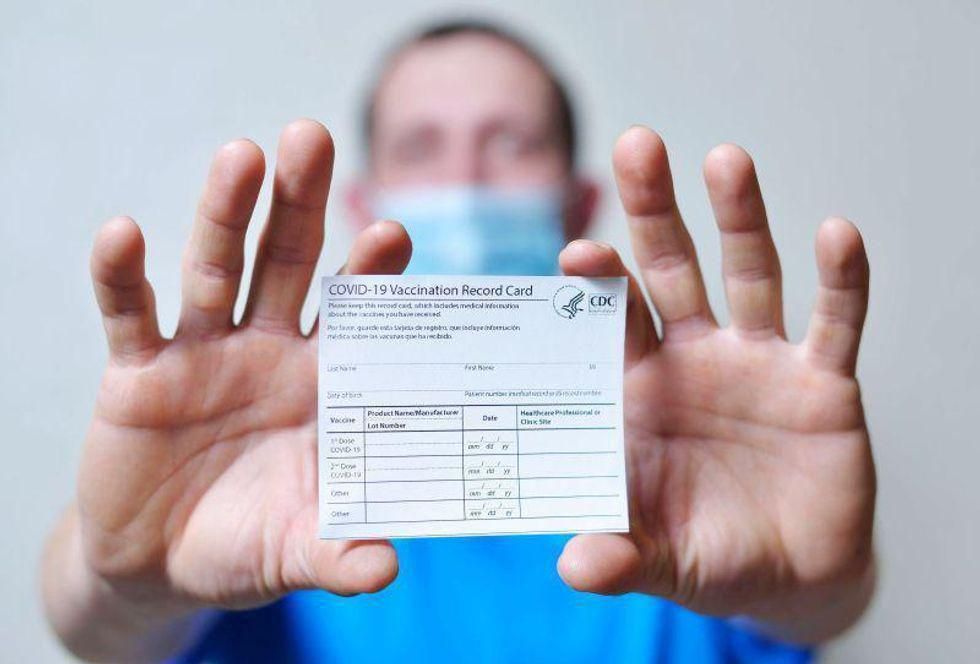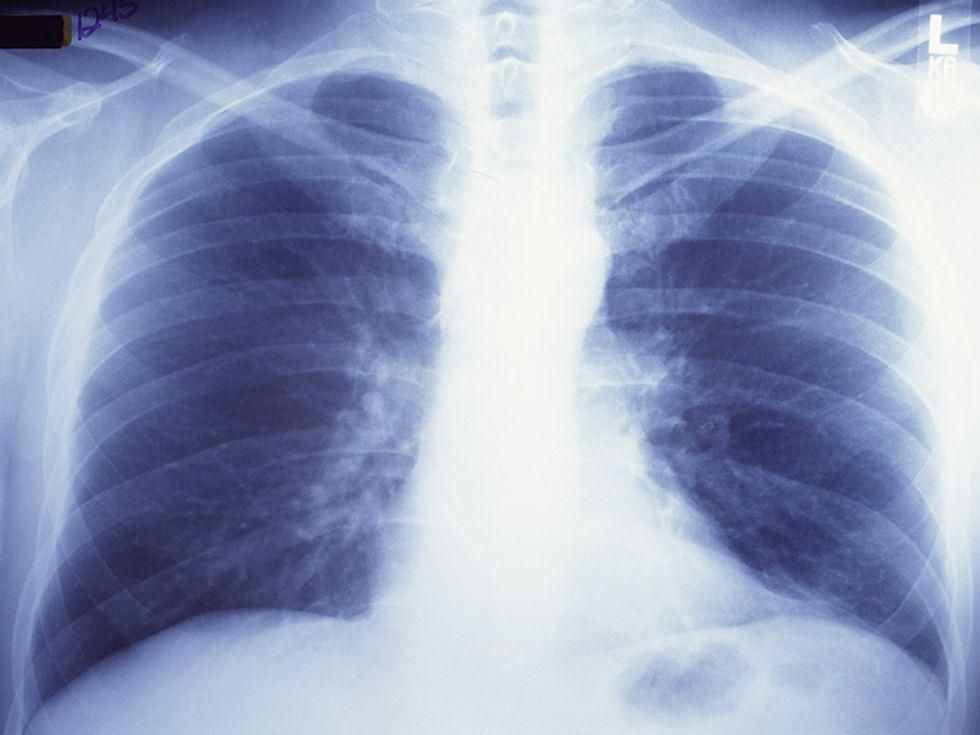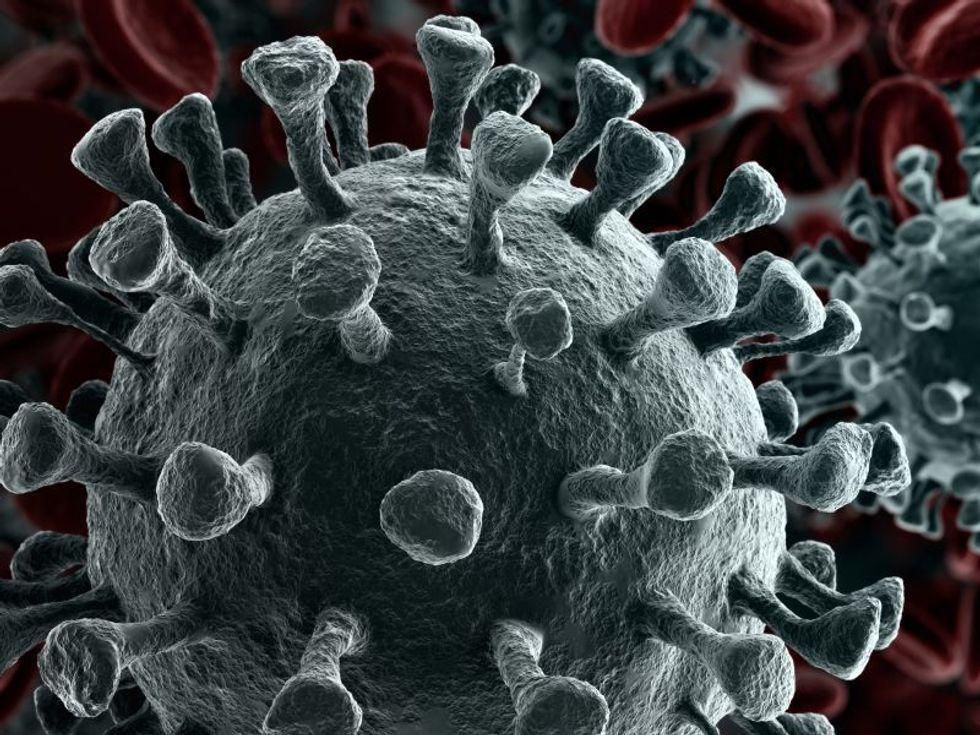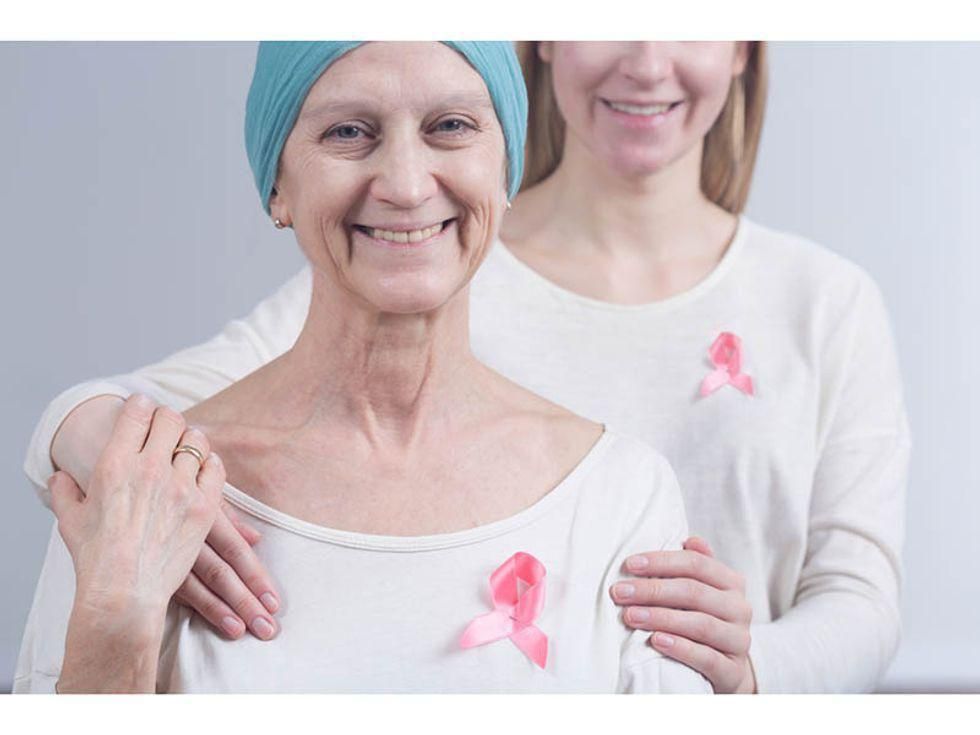
A woman who calls herself AntiVaxMomma on social media faces a number of charges for selling fake COVID-19 vaccination cards, New York prosecutors said Tuesday. They allege that Jasmine Clifford, of Lyndhurst, N.J., sold about 250 fake vaccination cards via her Instagram account in recent months, the Associated Press reported. Clifford provided the bogus cards… read on > read on >






























